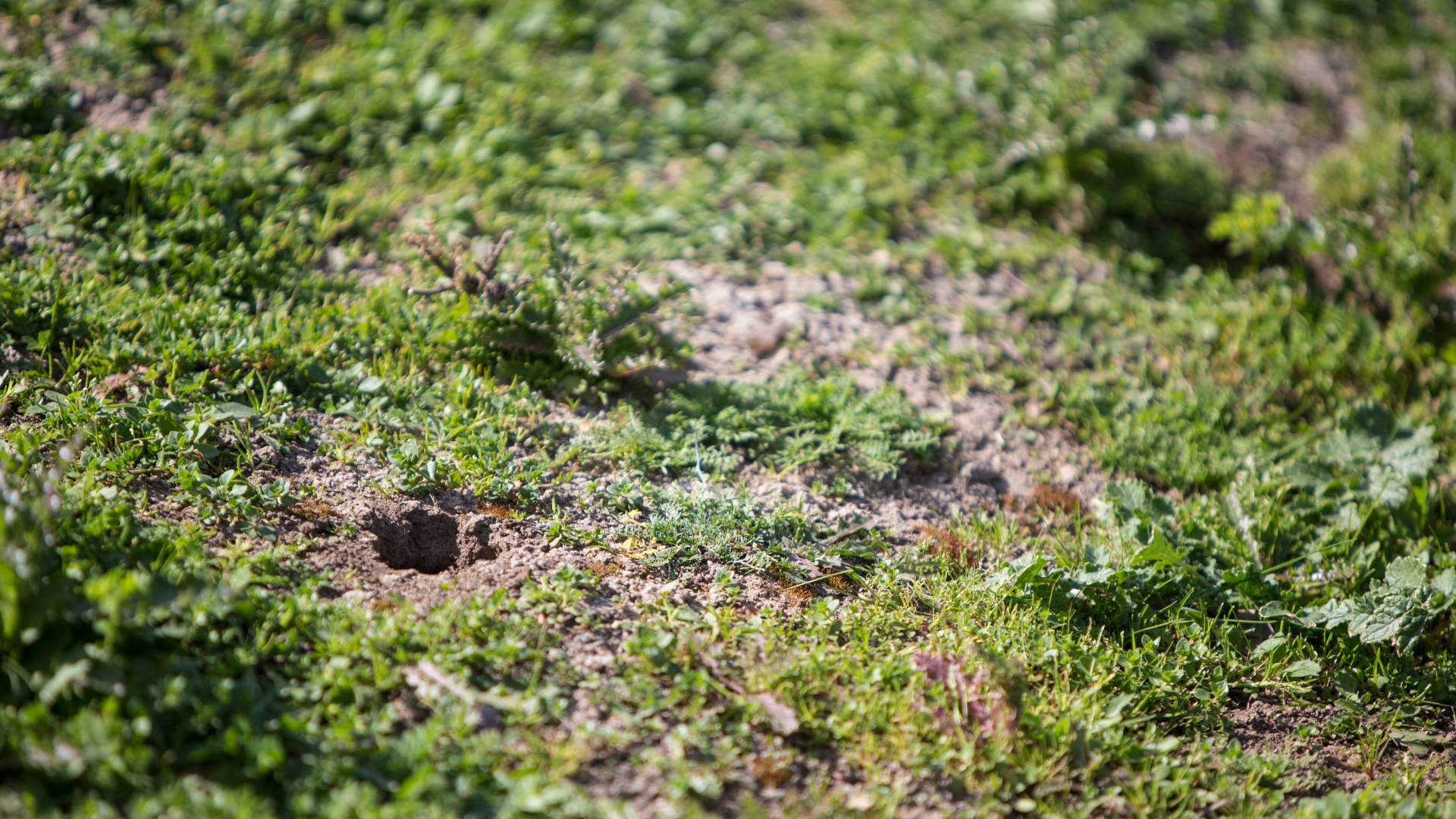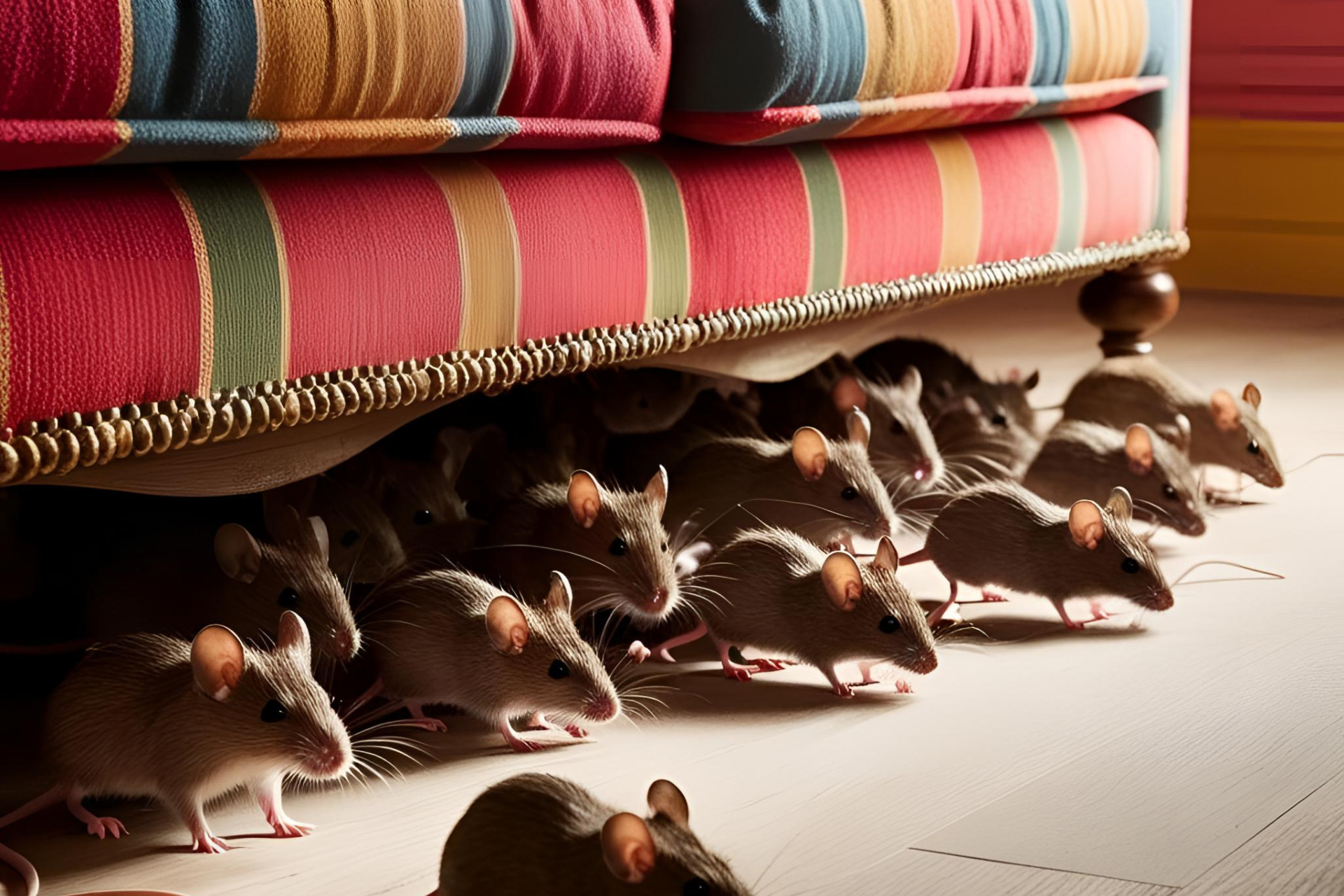Do You Have To Have Pets To Get Fleas?
So often, we think of fleas and ticks as pests that merely afflict our four-legged friends. But while pets are certainly easy targets, these parasites are not quite as fussy as one might hope. The answer is "yes"; you can get them even when you don't have pets. All a flea or tick needs to survive is an occasional meal from a living host, and that host could very well be you. The blood of any mammal can do. And if conditions are accommodating enough within your home, a full-blown infestation can also occur.
The Basic Requirements Of Ticks And Fleas
You might be surprised to learn that fleas and ticks eat other things besides blood. (After all, nobody ever talks about anything else, right?) Fleas can also feed on feces, skin, dandruff, grain, and plant matter. On the other hand, ticks have a narrower diet that is more confined to the bodies of their hosts. They also feed on skin cells and partake of various tissue fluids, which give them vital hydration and other nutrients.
Nevertheless, blood is still the primary requirement of both pests’ diets. Why? Because they need that blood to reproduce. Each parasite has four life stages: egg, larva, nymph (ticks) / pupa (fleas), and adult. Adults need a blood meal to produce eggs, and the hatched larvae must feed on blood or not survive. Yet another surprising fact is that blood could come from a dried source or an adult insect’s feces. Therefore, a flea or tick does not necessarily have to be attached to a body for this critical need to be met. They can survive unattached for a considerable length of time. Fleas can live as long as two weeks, and a tick can survive over 100 days. They only require a timely snack, and their numbers can continue to grow. This is why a home without pets can become infested, and carpets, bedding, furniture, and more can become a breeding ground for these insects.
How A Home Becomes Infested With Fleas And Ticks
Perhaps you are wondering, if you don’t have pets or livestock, how does a flea or tick gain entry to your home in the first place? While it is true that these parasites rarely infest human bodies, that does not mean that they won’t target you. A tick can patiently sit on the top of plant life with legs outstretched for hours. They don’t hunt or jump but latch on when a meal gets too close. Meanwhile, a flea can jump an astounding 50 times its body length. Humans rarely have enough hair to entice them to stay attached, but they can make a meal of you and use you as transportation to access your house.
There are other ways into your home, too. Pests like rodents, birds, squirrels, skunks, and other wild animals often carry fleas and ticks. It is common for these pests to be attracted to your home and yard. Fleas and ticks can also hitchhike on delivery people and guests, often clinging to clothes or packages.
The Danger Of Doing Nothing
If you have noticed one of these pests in your home, the last thing you should do about it is "nothing". These are prolific breeders that can generate huge numbers in a short amount of time. A flea infestation can explode with the right host into 4,000 individuals in a month. And the more there are, the more unsanitary your home can become.
Of course, bites are aggravating, but beyond that, they are a serious health risk. Fleas carry numerous diseases like murine typhus and cause tapeworms when accidentally ingested. Ticks are notorious for spreading Lyme disease, anaplasmosis, Rocky Mountain Spotted Fever, and much more. They make people sick just as much as they threaten the health of other animals. Your smartest move is to do everything you can to eliminate them, and your wisest choice is professional help.
The Reliable Professional Assistance Every Homeowner Needs
Eliminating a flea or tick infestation on your own is not easy. Most of the time, DIY pest control and over-the-counter pesticide products work marginally at best. They can also be dangerous to handle, don’t penetrate nests or target all the life stages, and thus, never fully resolve the problem. DIY Foggers also can leave a toxic residue behind.
101 Gopher & Pest Control is the top-rated, reliable solution homeowners need in Los Angeles or Ventura Counties. We have the experience, resources, and state-of-the-art tools to resolve flea or tick issues efficiently. Please
contact us today and let us help.










